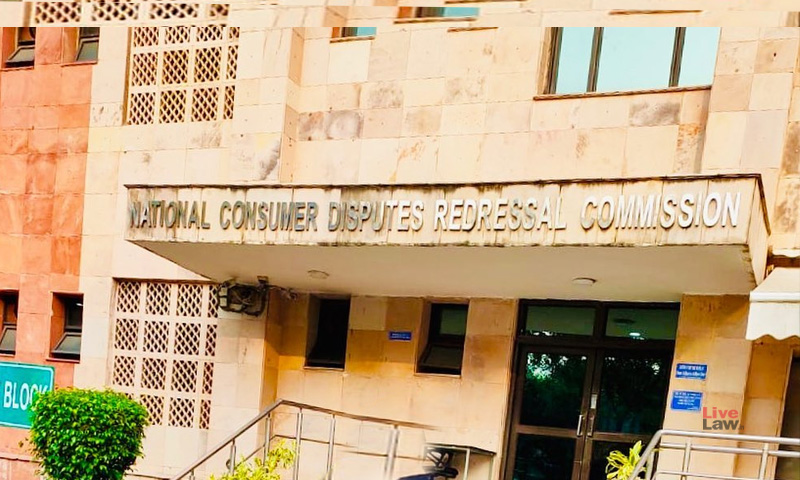
New Delhi: The National Consumer Disputes Redressal Commission (NCDRC) has held the senior state medical commissioners of the Employees’ State Insurance Corporation (ESIC) in Hyderabad, Mumbai and Delhi negligent for their failure to provide timely medical assistance funds to an employee, resulting in the death of her 25-year-old daughter. The NCDRC awarded a compensation of Rs.50 Lakhs to the complainant and also directed the ESIC to form a trust in memory of the deceased and deposit Rs 35 lakh as a corpus funds in it which was to be used for underprivileged girls.
The fact of the case is that a resident of Hyderabad and a member of the ESIC sought medical support for her daughter, Shanti Ayani. Shanti was diagnosed with blood cancer in 2011 after initially experiencing frequent colds and fevers. Medical assessments recommended a bone marrow transplantation, for which the Tata Memorial Centre (TMC) estimated a treatment cost of Rs 50 lakh. Despite a letter of credit issued to TMC in November 2012 TMC requested a deposit of the patients treatment cost before commencing treatment. However, ESIC delayed the release of funds despite repeated reminders. When the ESIC failed to respond, the patients mother approached the prime minister and the National Human Rights Commission for intervention. Additionally, a writ petition was filed with the Andhra Pradesh High Court, which issued an interim order directing the immediate release of funds. This order, too, was ignored by ESIC. Due to the lack of funds, Kumari was forced to admit her daughter to a different hospital for chemotherapy in October 2013. Within a month, Shanti succumbed to her illness.The state commission after hearing the case held the ESIC negligent and awarded a compensation of Rs. 5 lakh to deceased patient’s mother. Unsatisfied the deceased patient’s mothe appealed to the NCDRC for a higher compensation.
In NCDRC the ESIC defended and said that the delay in disbursing the funds was due to the time taken to verify the authenticity of the claim, despite having issued a letter of credit to TMC. ESIC contended that by the time the funds were approved for release, the patient had already passed away. However, the NCDRC found this explanation inadequate and held ESIC accountable for the “inordinate delay” in processing the claim, which directly contributed to Shanti’s untimely death. The commission also criticised the compensation awarded by the State Dispute Redressal Commission of Rs 5 lakh as “too meagre”. The NCDRC further said “After thoughtful consideration of the entire facts and circumstances of the case, and the inordinate delay in sanctioning or disbursing the amount to which the complainant was entitled, which ultimately led to the unfortunate and untimely death of her daughter, we are of the considered view that the compensation of Rs5 lakh awarded by the state commission is too meagre. The complainant definitely deserves a much higher compensation.” The NCDRC concluded that the complainant be paid Rs. 50 Lakhs as compensation by the ESIC on account of delay in disbursing of claim which led to the death of the patient.

